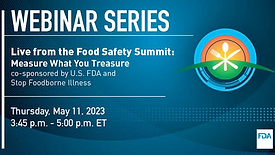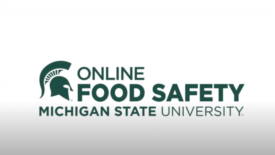Culture
The objective for an organization wanting to improve its food safety culture is to find ways to nudge and make incremental improvements
Read More
Current States of Food Safety Culture and FSMSs in Food Establishments
In what ways is your brand either superior to or deficient from the behaviors revealed by your colleagues?
Steven Mandernach J.D.
Elizabeth A. Nutt M.P.H.
Mark S. Miklos CP-FS
Susan W. Arendt Ph.D.
Yang Xu Ph.D.
April 5, 2023
BIZTRACKS
MSU Food Safety Culture Workshop Featuring Frank Yiannas, Bill Marler
March 24, 2023
How to Adapt Food Safety Culture Efforts to Functional Ways of Working
Food safety guiding principles are the same for all companies, but how they are used is partially determined by inherent biases and culture
December 9, 2022
Never miss the latest news and trends driving the food safety industry
eNewsletter | Website | eMagazine
JOIN TODAY!Copyright ©2024. All Rights Reserved BNP Media.
Design, CMS, Hosting & Web Development :: ePublishing









